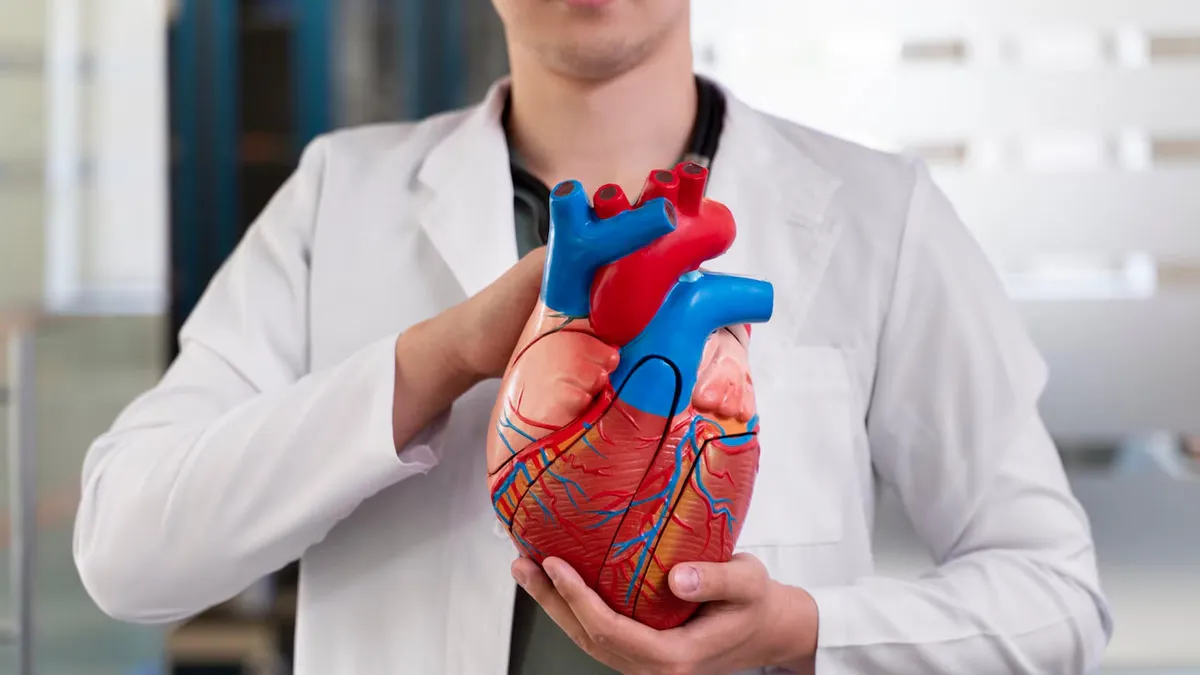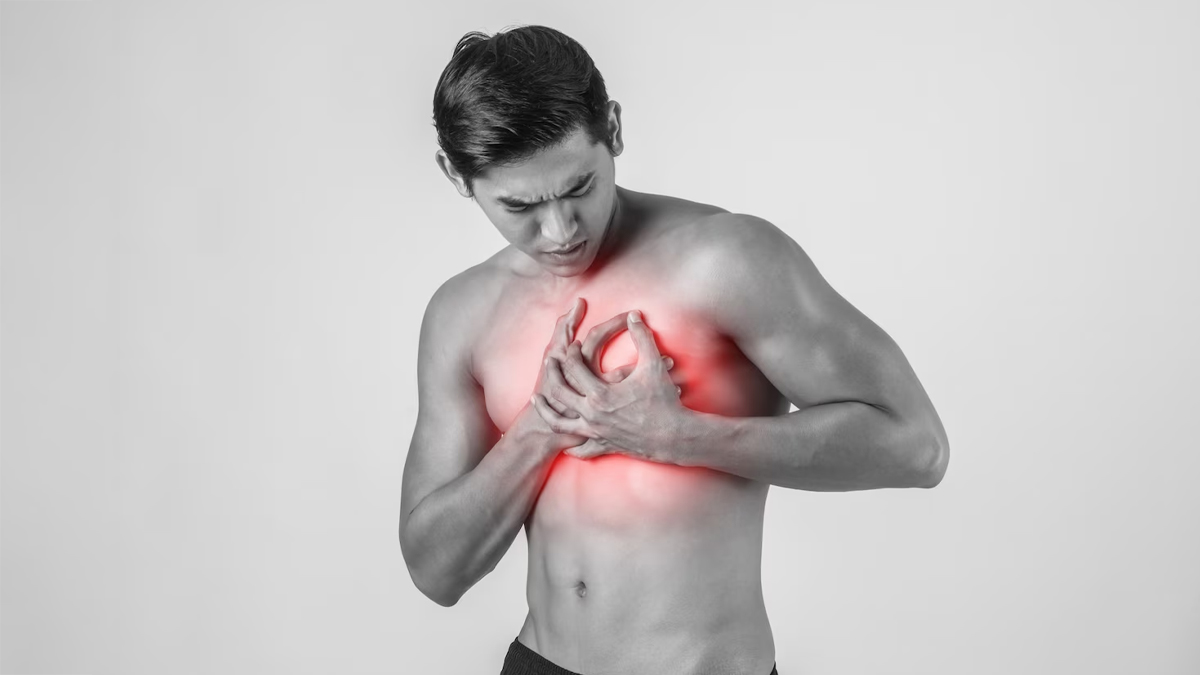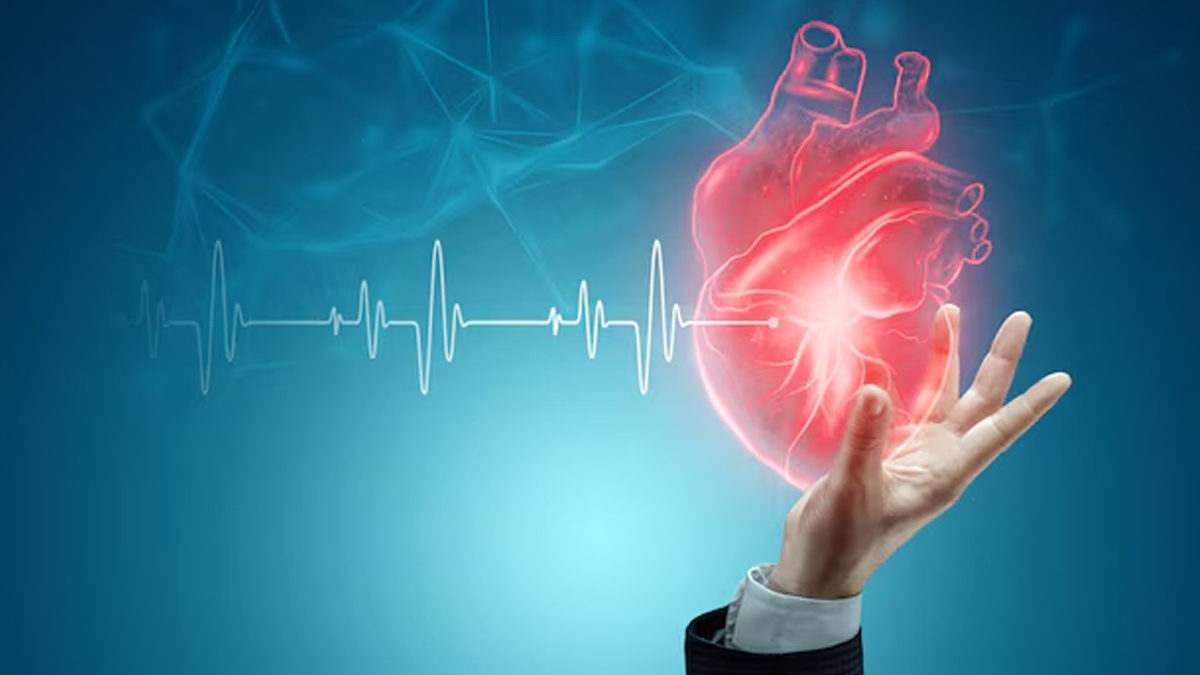
Heart health is more critical today than ever before. Where Cardiovascular Diseases (CVDs) used to only affect older persons, now an alarming rate of youth are suffering from heart attacks and strokes. This increasing incidence calls for recognising early warning signs and taking preventive measures to lower complications. Although chest pain is a common symptom, the body often sends out less obvious signals that something may be wrong with the heart.
Table of Content:-
Also Read: Is It A Heart Attack Or Gas? Expert Shares Key Differences To Note!
Chest Pain Is A Classic Sign Of Heart Problem

Chest discomfort and pain is a common sign of heart disease. It often feels like pressure, tightness, squeezing, or aching in the centre of the chest.
Chest pain during a heart attack occurs due to a blockage in the coronary arteries that prevents oxygen-rich blood from reaching the heart muscle.
However, chest pain can also occur because of other benign underlying issues like indigestion. Therefore, chest pain alone is not an indicator of a heart attack, and other symptoms should be taken into account.
Lesser-Known Signs Of Heart Problems

In an interaction with the OnlyMyHealth team, Dr Prashant Pawar, Consultant - Interventional Cardiology, Fortis Hiranandani Hospital, Vashi, discusses some of the less obvious signs of heart problems that can be easily overlooked. He says, "Chest pain from life-threatening conditions is severe and constricting. The pain radiates to the left arm. Individuals also experience associated sweating and heart palpitations. This type of pain can be relieved by taking the medicine sorbitrate."
Some lesser-known physical signs of heart trouble are:
- Breathlessness while the body is at rest and also during physical activity.
- Feeling breathless around two hours after falling asleep, also known as paroxysmal nocturnal dyspnoea.
- Excessive sweating
- Heart palpitations
- Giddiness or loss of consciousness
How Symptoms Differ In Men And Women
According to Dr Pawar, when it comes to heart problems, women generally experience subtle symptoms like some levels of breathlessness, back pain, nausea, vomiting, and dizziness, all rather generic symptoms. He says, “Women can experience ‘silent’ heart attacks with no noticeable symptoms.” On the other hand, men present with symptoms like crushing chest pain which radiates to the left arm.
A 2020 study published in the European Heart Journal looked at heart attack patients under 50 years of age. They found that women were less likely than men to receive key treatments like angiography, revascularisation, and important medications. They were also more likely to have heart attacks without major artery blockages. While both had similar in-hospital survival rates, women had a higher risk of dying from any cause in the years that followed.
Also Read: Chest Pain Decoded: How To Tell If It's Your Heart, Lungs, Or Digestion
The Importance Of Routine Screening

Dr Pawar says routine screening programs help in early detection of chronic conditions like hypertension and diabetes, especially in individuals who do not have or fail to notice any symptoms associated with these conditions and are thus unaware they suffer from them.
“Screening also opens up access to introducing lifestyle changes and pharmacological therapies.
“Screening tests like resting electrocardiograms and stress tests help detect unrecognised heart attacks or silent ischaemia. A 2D echo helps in detecting structural abnormalities of the heart in youngsters, who might have conditions like Hypertrophic Cardiomyopathy (HCM) that need to be identified early for effective treatment,” he added.
Conclusion
Heart issues can be asymptomatic or may cause symptoms that may often be confused with other non-life-threatening conditions. That is why it is important to be aware of one's health and not ignore symptoms like breathlessness, unexplained fatigue, or dizziness. Heart disease can affect anyone, regardless of age or gender, and early detection can truly be life-saving.
How we keep this article up to date:
We work with experts and keep a close eye on the latest in health and wellness. Whenever there is a new research or helpful information, we update our articles with accurate and useful advice.
Current Version